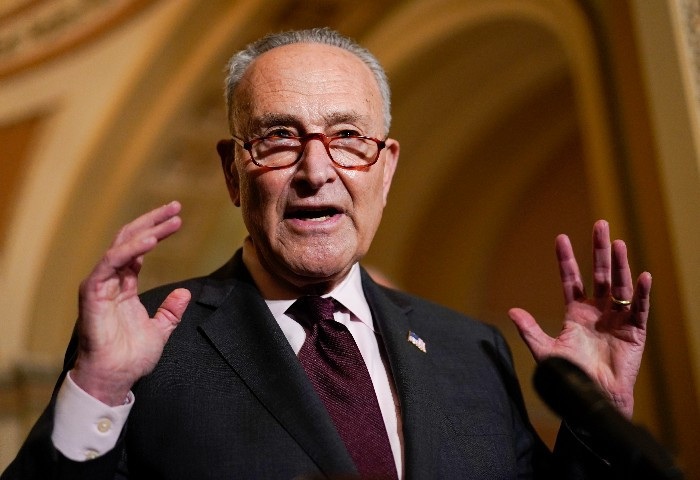by MICHAEL STRATFORD at politico.com
BIDEN’S FIRST NEG-REG COMES TO AN END: All of the attention in Washington in recent weeks has been on whether Congress will pass President Joe Biden’s sweeping social spending bill before the end of the year. But the administration’s plans to overhaul major higher education policies are chugging along with far little fanfare.
—The Education Department’s negotiated-rulemaking committee on Friday wrapped up its work after months of debate over the Biden administration’s proposals. The panel reached an agreement on four of the 12 proposals while failing to reach consensus on the remaining, more contentious plans.
—Consensus achieved. The panel agreed to regulatory language on four issues: making it easier for borrowers with a severe disability to have their loans forgiven; streamlining loan discharges for borrowers whose school falsely certified that they were eligible for the loan; and eliminating interest capitalization on federal student loans in some events. In addition, the panel agreed to new regulations that will carry out Congress’ restoration of Pell grant eligibility for incarcerated students.
—Key issues unresolved: The rulemaking committee, as expected, was unable to reach an agreement on some of the more contentious issues. That included various proposals covering how the Education Department processes and adjudicates claims for loan forgiveness by borrowers who are defrauded by their college as well as the circumstances in which borrowers are entitled to loan forgiveness when their college suddenly closes. They also failed to reach an agreement on restoring the Obama-era ban on mandatory arbitration agreements in higher education.
— Among the most significant issues: Negotiators failed to reach an agreement with the Education Department over how to structure the Biden administration’s new income-driven repayment plan and how to expand the Public Service Loan Forgiveness program. In both cases, student and consumer representatives on the panel sought a more liberal approach than department officials were prepared to accept.

